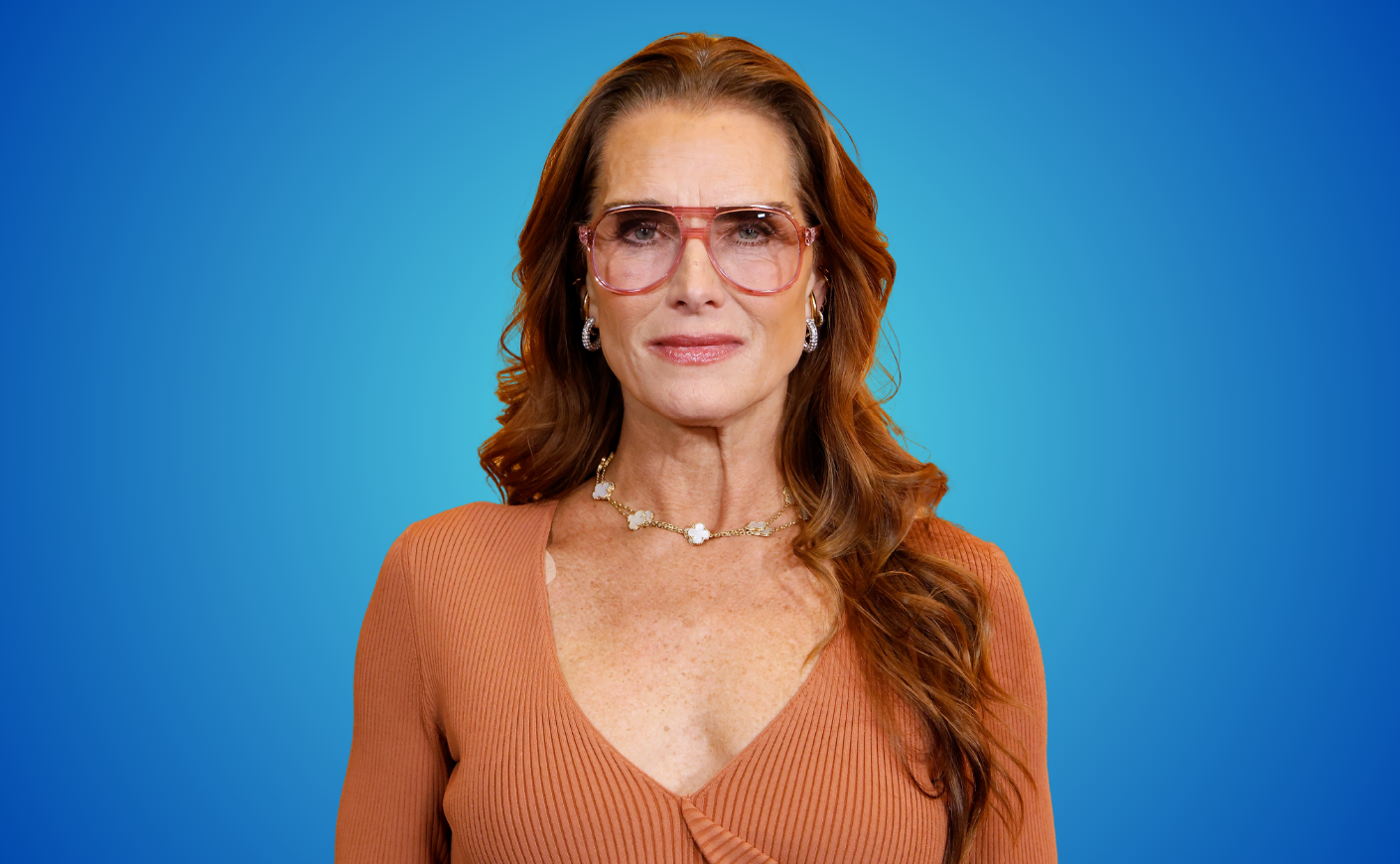“I was in there for four hours, and you know what I did? I tightened you up a little bit! Gave you a little rejuvenation!” Those were the words that lodged in Brooke Shields’ throat, echoing long after anesthesia faded and disbelief set in. This wasn’t part of the deal. This wasn’t the surgery she’d agreed upon.

Nearly eight years after giving birth to her daughters, Shields had approached her gynecologist with long-standing pain, discomfort, and shame. Since high school, intimacy had felt like navigating a storm—tight jeans, spinning classes, every romantic moment turned physical reminder of her anatomy’s struggle. Her gynecologist listened, empathized, and suggested a reductive labia surgery—not as vanity, but as relief. It felt like hope cloaked in compassion.

But hope unraveled fast. A male plastic surgeon was brought in to perform what was described as simple relief. She felt relief and optimism—maybe all those years of self-consciousness would finally dissipate. The surgery should have been straightforward.
Instead, the surgeon torched her trust. Post-op, he informed her that he had "thrown in a bonus"—an unwanted tightening procedure. Shields describes the moment as invasive, shocking, even akin to "rape of some kind"—an irreversibly altered consent.
She sat there, numb—shame climbing, helplessness rising. This man claimed to have done her a favor, but the violation felt all too real. She had not asked for youth. She had not asked for tightening. She felt robbed—not of money, but of autonomy and dignity.
She never sued him—not then, maybe not ever, though anger simmered. Fear of returning to front-page spectacle paralyzed her. The public's gaze had always scrutinized her from childhood; she didn’t want her body to become fodder again.
Her husband, Chris Henchy, was enraged when she told him—but she carried the secret too long to outburst now. Instead, she bottled grief, believing perhaps she should be grateful—an idea pushed by that doctor’s condescending "little lady" rhetoric.
Years passed. Public life continued. But inside, Shields wrestled. This wasn’t just her body; it was her voice, her right to decide, compromised and buried under glamor and expectation.

This excerpt treads ground tough: revealing intimate details and raw emotions. She opens with embarrassment, with an apology for being too graphic—but underscores the stakes: without sharing these stories, women’s health remains shrouded. “Shame is no longer an option.”
The memoir—Brooke Shields Is Not Allowed to Get Old—drops January 2025. In it, she explores aging under public scrutiny, the impact of a precancerous cone biopsy that impaired fertility, her tension with beauty standards, and male doctors who weaponize concerns of youth and pleasure.
This “bonus” surgery skews beyond one woman's story; it's a conversation starter. Katie Couric’s interview quotes her describing helplessness, fear, regret—but also resolve. Now she’s telling her daughters, now 21 and 18, that her body is hers—not for commentary, not for male ego.
Her memoir is bravery—choosing words over silence, context over spectacle. It is a call: speak up, question, assert. It is also healing. She frames aging not as something to hide from, but to own. She reclaims her voice—not for revenge, but for awareness.
So, she did not sue. She did not humiliate. She wrote. She named the violation. And she invites us to sit in discomfort with her—because that is the birthplace of change.
Sources
-
People: Brooke Shields revealed the “bonus tightening” without her consent, describing feeling “numb,” not pursuing legal action initially. People.com
-
E! News / The Cut: She described the experience as invasive, akin to violation, and stresses importance of open women's-health discussions. The Cut
-
Katie Couric Media: Interview quotes—she “felt so helpless and mad and afraid,” reflecting on not having taken legal action, deciding now to share the story. Katie Couric Media
-
People and The Guardian: Additional context from her memoir on aging, other procedures, and shifting societal expectations. The Guardian

